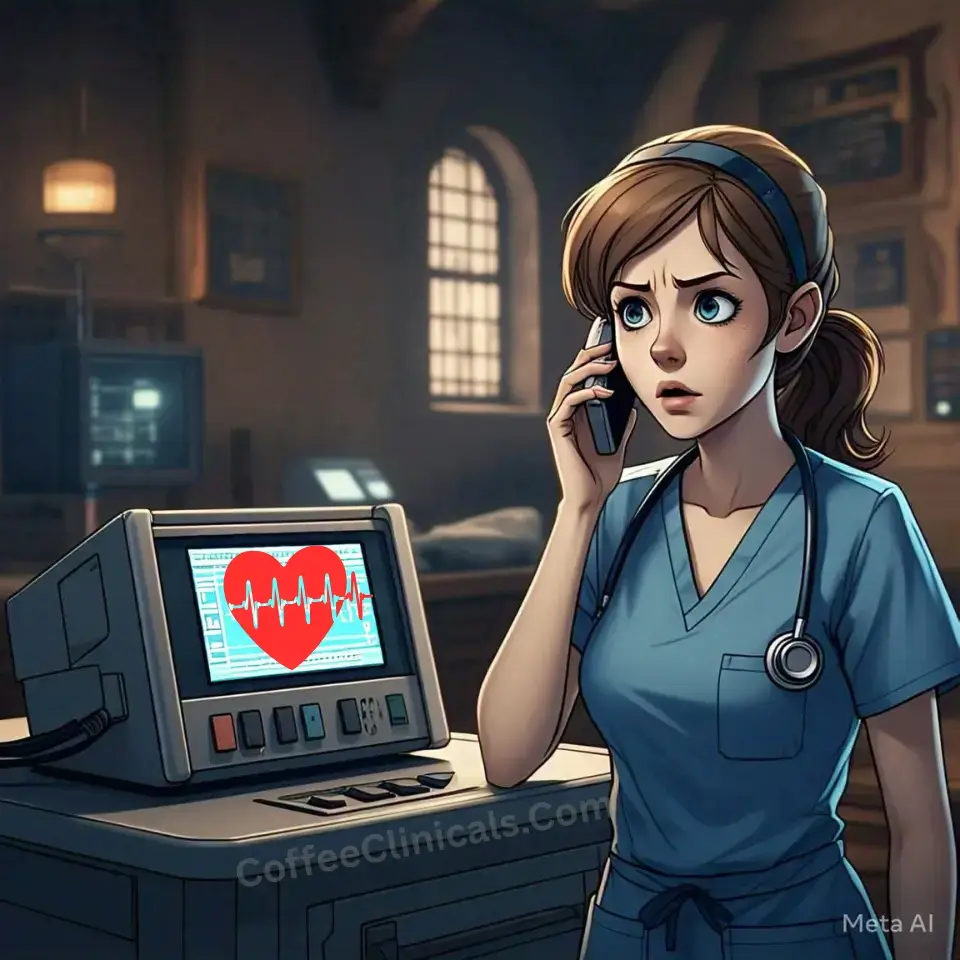
On a cold wintery morning, a frail elderly man slipped on ice & broke a few ribs and a hip. He underwent hip surgery with adequate post-op analgesia and labs. He was supposed to discharge to a rehab facility but nurse had reported a higher heart rate in the 120s since he woke up, after being in the 80-90s the prior day. EKG showed sinus tachycardia which was dismissed as likely from ‘discharge-anxiety’ and was discharged with no further testing. By evening he was sent back to the ER with heart rate in the 140s and labored breathing. A chest x-ray showed a large effusion on same side of rib fractures – he had developed a traumatic hemothorax, was treated with a chest tube.
It’s easy to brush off sinus tachycardia as something not significant or “does not need to be treated’ but it can also be a omen for something nasty brewing under the surface. The logical way to remember causes would be Physiologic (Exertion, Anxiety, Pain, Stress) and Pathologic. The pathologic ones fall into two types based on mechanism – Compensatory to evolving hypotension or due to Excess sympathetic stimulation. To remember the former, simply remember the excellent mnemonic ‘SHOCKED‘ that we covered before, since sinus tachycardia often precedes hypotension as underlying pathology evolves. Example – if a GI bleed is brewing, initial sinus tachycardia helps to maintain normal BP via increased cardiac output. Eventually hypotension follows as the condition worsens & overwhelms the system. Examples of excess adrenaline stimulation include Withdrawal states (alcohol & drugs and medications like benzos and beta-blockers), Pathological stimulatory conditions like hyperthyroidism, pheochromocytoma, and Dysautonomic conditions like GBS , POTs , etc. and stimulatory meds like Albuterol.
If you prefer a Mnemonic word, a simple one is ‘S-TACHI’
S – Sepsis
T – Thyrotoxicosis
A – Alcohol & other withdrawals , Albuterol & other meds, Autonomic instability, Anxiety/Agitation
C – Cardiac causes, Central Line cardiac irritation, Clots (Pulm Embolism)
H – Hypovolemia (Dehydration & Hemorrhage), Histamine release
I – Inflammation & related pain of any kind (e.g. Gout, Crohns, Pacnreatitis, etc)
💡 If your patient’s sinus tachycardia is new, persistent or isn’t completely explained by physiological factors then evolving critical causes in their clinical context should be ruled out. Missing critical causes can mean death & lawsuits – Here’s an example of a lawsuit won against a Nurse practitioner who unfortunately missed Pulmonary embolism on patient presenting with vague pain & sinus tachycardia.
Don’t miss future fun posts! Subscribe via email 📩 | |
